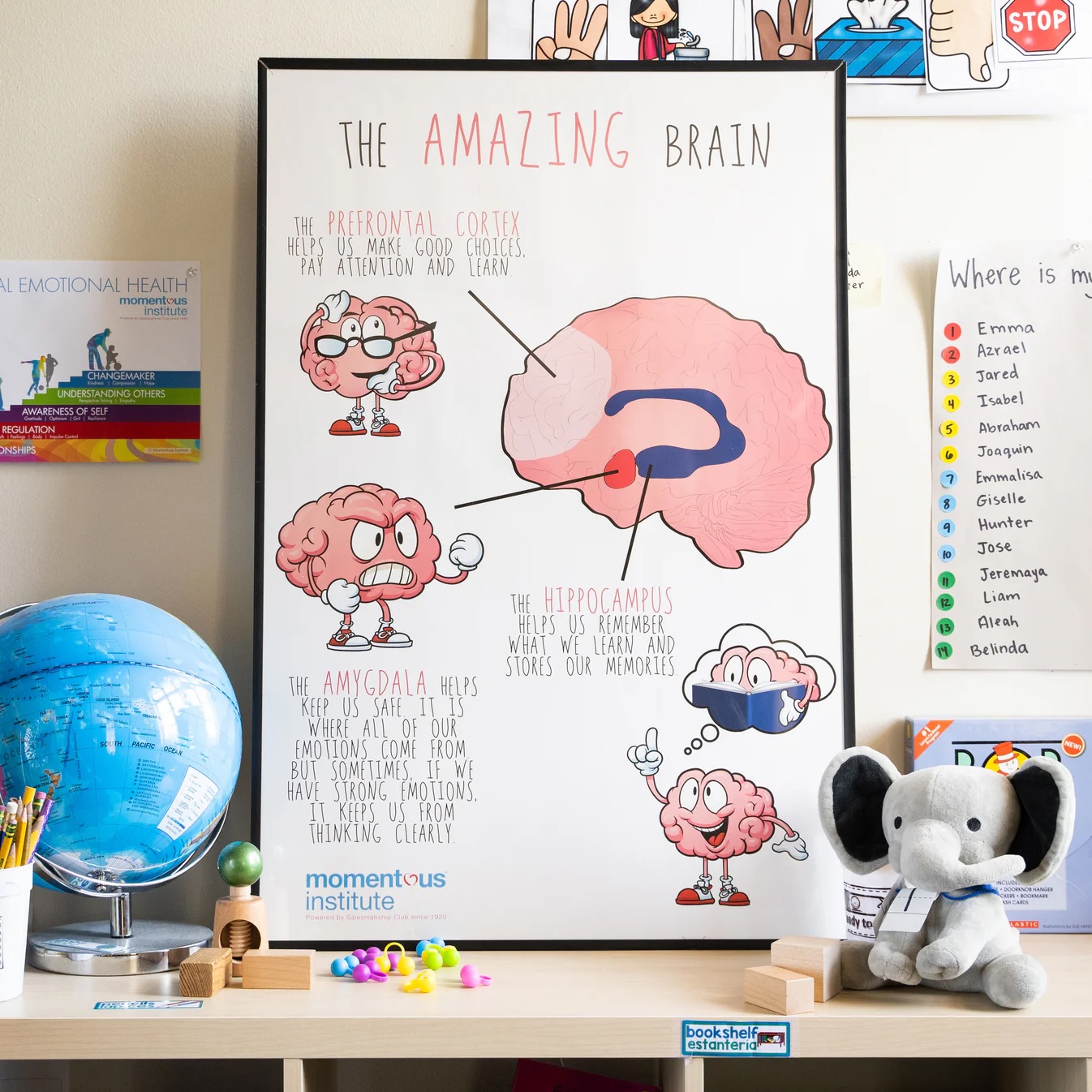“When the kids feel they can calm themselves, also just through breathing it resembles the ‘wow’ moment,” claimed Rick Kinder, developer of a mindfulness program called “Health Functions in Schools,” in a write-up by the Child Mind Institute.

At Momentous College, discussions regarding the mind proceed throughout the day, as teachers can be listened to motivating pupils to determine their feelings or asking, “What’s your amygdala claiming to you in this minute?” according to Jessica Gomez, a psychologist and exec supervisor of Momentous Institute, the Dallas-based mental health and wellness nonprofit that runs the college. (The amygdala processes emotions in the mind.)
Through these regular conversations and additional lessons on psychological wellness and healthy connections, educators are “trying to stabilize these things as part of the human problem versus something that is stigmatizing,” Gomez said. The college additionally holds routine parent nights to inform families on exactly how the mind functions and educate psychological guideline strategies that households can exercise with each other in your home.
Momentous College , which launched in 1997 and is moneyed by philanthropic contributions, was established to implement mental health and mind science research from Momentous Institute and the Center for BrainHealth at the University of Texas at Dallas. A recent research by Special and the Facility for BrainHealth located this strategy may be adding to positive end results for grads of the institution. Of the 73 Meaningful College pupils who took place to graduate from high school in 2016 through 2018, 97 percent earned a high school diploma and 48 percent made a college level.
These findings come with a time when lessons on emotions, partnerships and social awareness, typically described as social and psychological knowing, have come to be a flashpoint in education and culture wars Researches show such lessons can enhance academic efficiency: Various other scientists unaffiliated with Momentous Institution have actually also discovered that mentor regarding the brain can supply inspiration for students and improve scholastic and social development.
As instructors and students head back to school and face brand-new routines and social situations, now is a great time to build partnerships and present also young trainees to ideas concerning just how their mind functions, Gomez stated. Although lots of students at Meaningful deal with obstacles such as poverty, she thinks that the college’s focus on psychological health and brain scientific research has helped households to better manage those pressures.
“The factor isn’t to never have anxiety in your life, it’s to know what to do with it,” Gomez said. “Children and parents having company and tools helps them know how to browse life stressors, which has a buffering effect on their mind.”
Call staff author Jackie Mader at 212 – 678 – 3562 or [email protected].
This tale concerning neuroscience in education was generated by The Hechinger Record, a nonprofit, independent news organization focused on inequality and innovation in education and learning. Sign up for the Hechinger newsletter